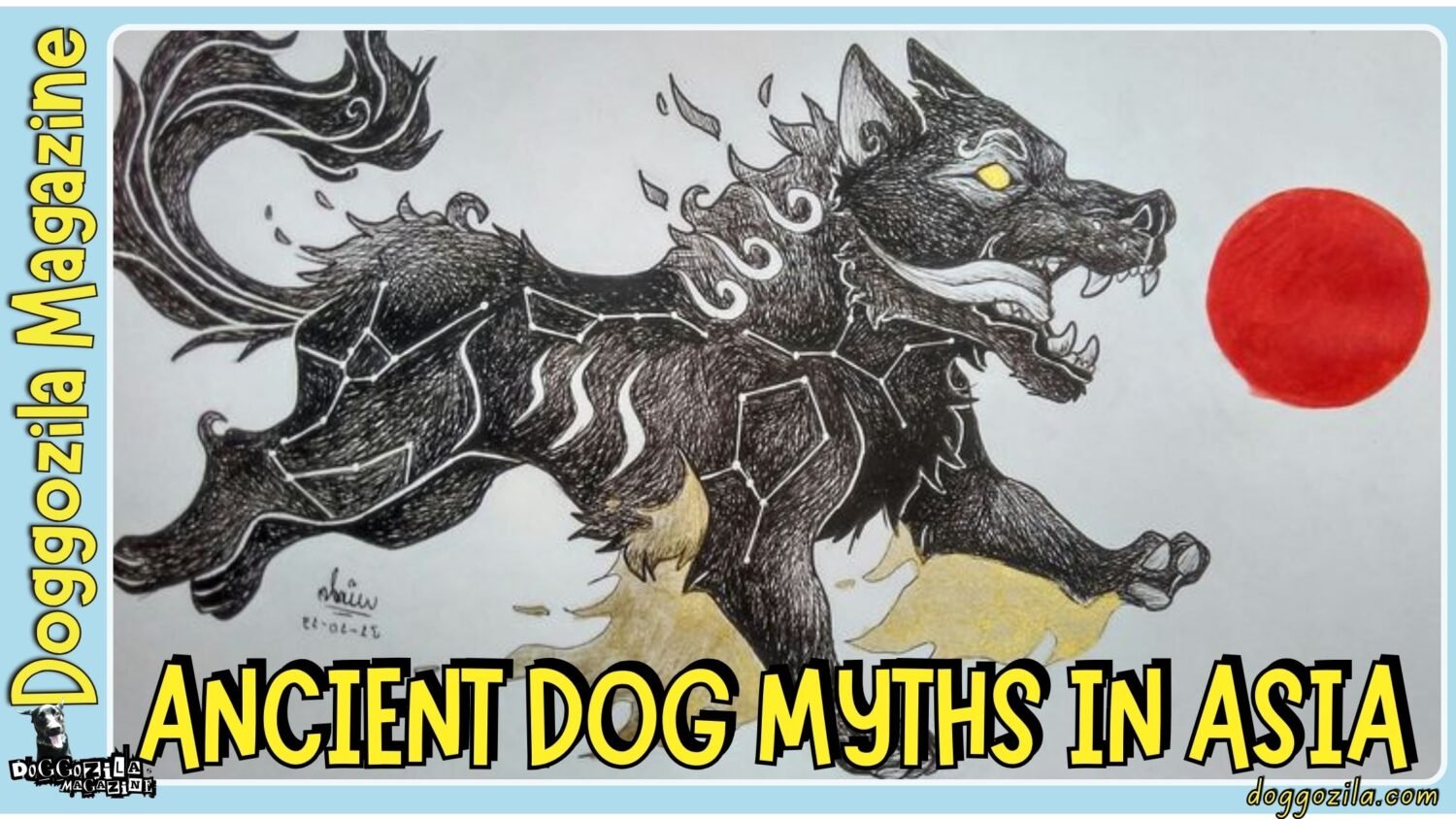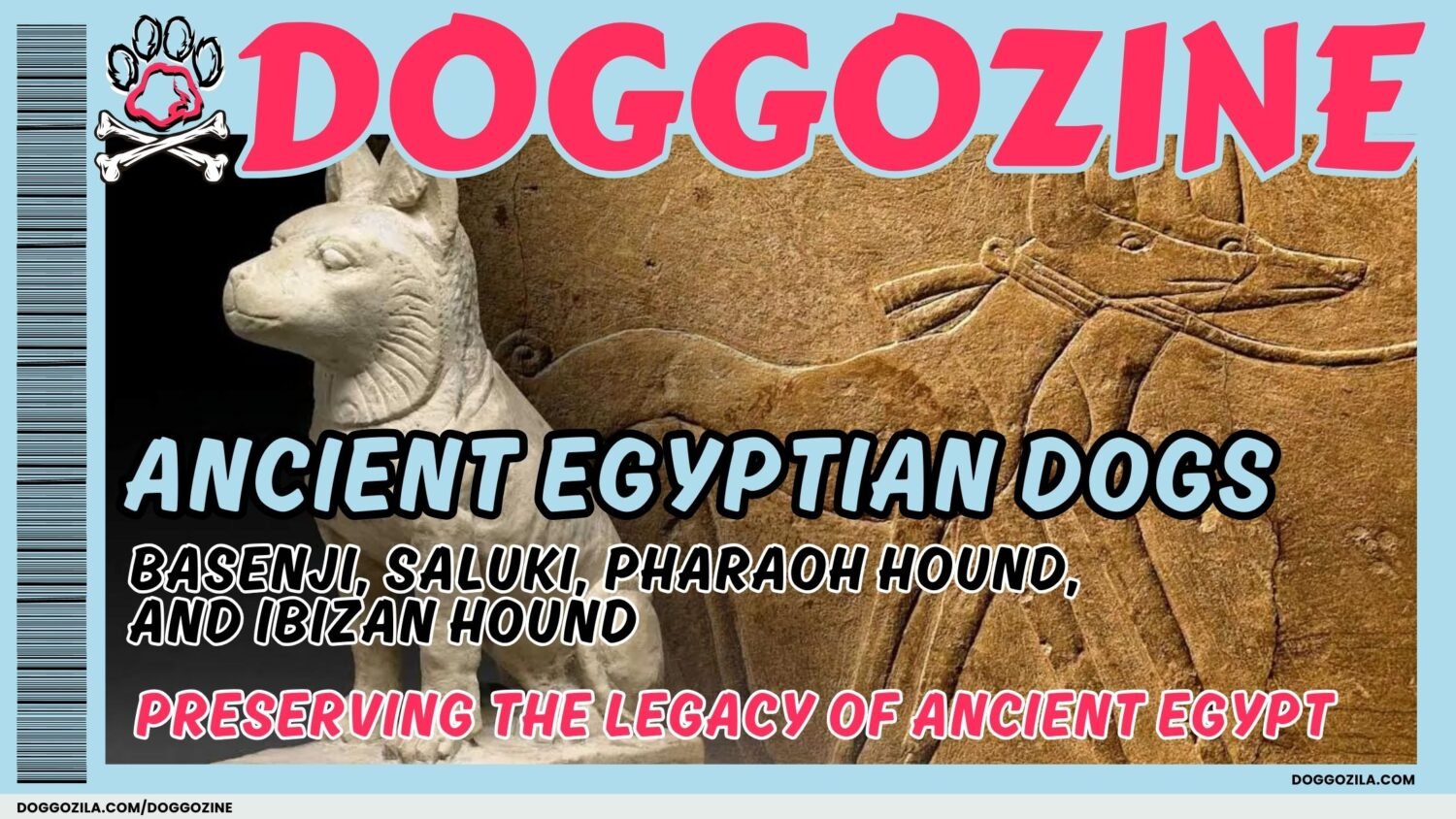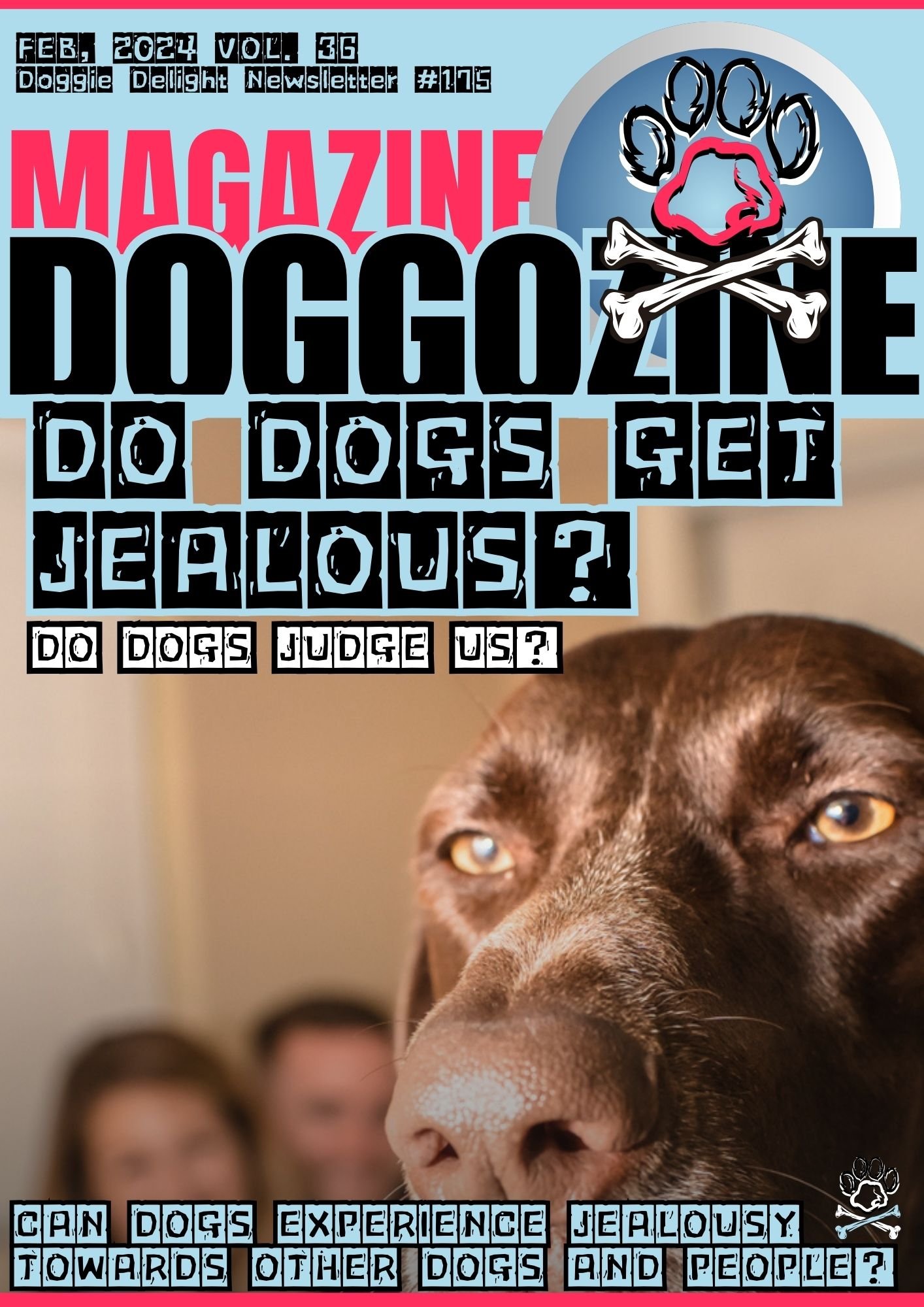
CAN DOGS EXPERIENCE JEALOUSY TOWARDS OTHER DOGS AND PEOPLE?
You may have noticed your dog acting strangely when you interact with other dogs or people. Many dog owners report seeing jealous behavior in their furry friends. But can dogs really feel jealous? In this article, we’ll explore if dogs can experience jealousy and understand their emotions. Find out below if dogs do get jealous.
Understanding Dog Behavior
To understand jealousy in dogs, we need to know how they behave. Dogs are social animals like humans. They form close bonds with their owners. They can also bond with other dogs and people. Like humans, dogs can feel happy, scared, sad, and frustrated.
However, dogs don’t experience emotions exactly like humans. While their behaviors may seem similar to human emotions, they understand and experience emotions differently. Dogs mainly communicate through body language, sounds, and smells.
The Concept of Dog Jealousy
Jealousy is a complex feeling. It involves possessiveness or fear of losing someone important. It often includes resentment or envy towards a rival. Jealousy can happen in romantic relationships, friendships, or with new family members. Dogs may get jealous when their owner gives attention to another dog or person.
Jealousy is a common feeling in people. But scientists are still debating if dogs can also feel jealous. Some scientists think dogs can get jealous. Other scientists believe that dogs act certain ways for different reasons, like wanting attention or protecting their food and toys.
Studies on Dog Jealousy
In recent years, researchers have done studies to see if dogs can feel jealous. One study was at the University of California, San Diego. The researchers watched how dogs reacted when their owners paid attention to a stuffed dog, a book, and a plastic pumpkin. The dogs acted more jealous when their owners showed affection to the stuffed dog. The dogs tried to get between their owners and the stuffed dog.
Another study looked at the link between jealousy and how well dogs understand social situations. Dogs that acted more jealous when their owners paid attention to something else were better at understanding social interactions.
This suggests that jealousy and social understanding are connected in dogs. While these studies show some proof that dogs can feel jealous, we need to be careful about what we conclude. Jealousy is a complex emotion. It’s hard to accurately measure and understand jealousy in animals that are not human.
Other Reasons Behind Behavior of Dogs that Looks Like They are Jealous
While jealousy might explain some dog behaviors, there are other possible reasons too. One reason is resource guarding. Dogs often guard their resources like food, toys or attention from owners. If a dog thinks their resources are threatened, they may act in a way that seems jealous.
Another factor is the dog’s want for attention. Dogs love interacting with their owners and getting attention. If a dog feels ignored or thinks the owner’s attention is elsewhere, the dog may behave in a jealous-looking way.
Handling Jealous-Like Behavior in Dogs
Whether dogs truly feel jealous or not, it’s important for owners to understand and address jealous-like behaviors.
Here are some tips to manage these behaviors:
- Make sure each dog gets individual love and attention from you.
- Give your dog plenty of mental and physical activities to prevent boredom.
- Use positive training methods to teach good behaviors. Reward good behavior.
- Don’t reward attention-seeking or jealous behaviors by giving in.
- If struggling to manage jealous behaviors, ask a dog trainer or behaviorist for help.
Dogs can act in ways that look like jealousy. They may guard their things or owners from others. But it’s hard to know if they feel the same jealousy emotion as humans. There could be other reasons for these behaviors.
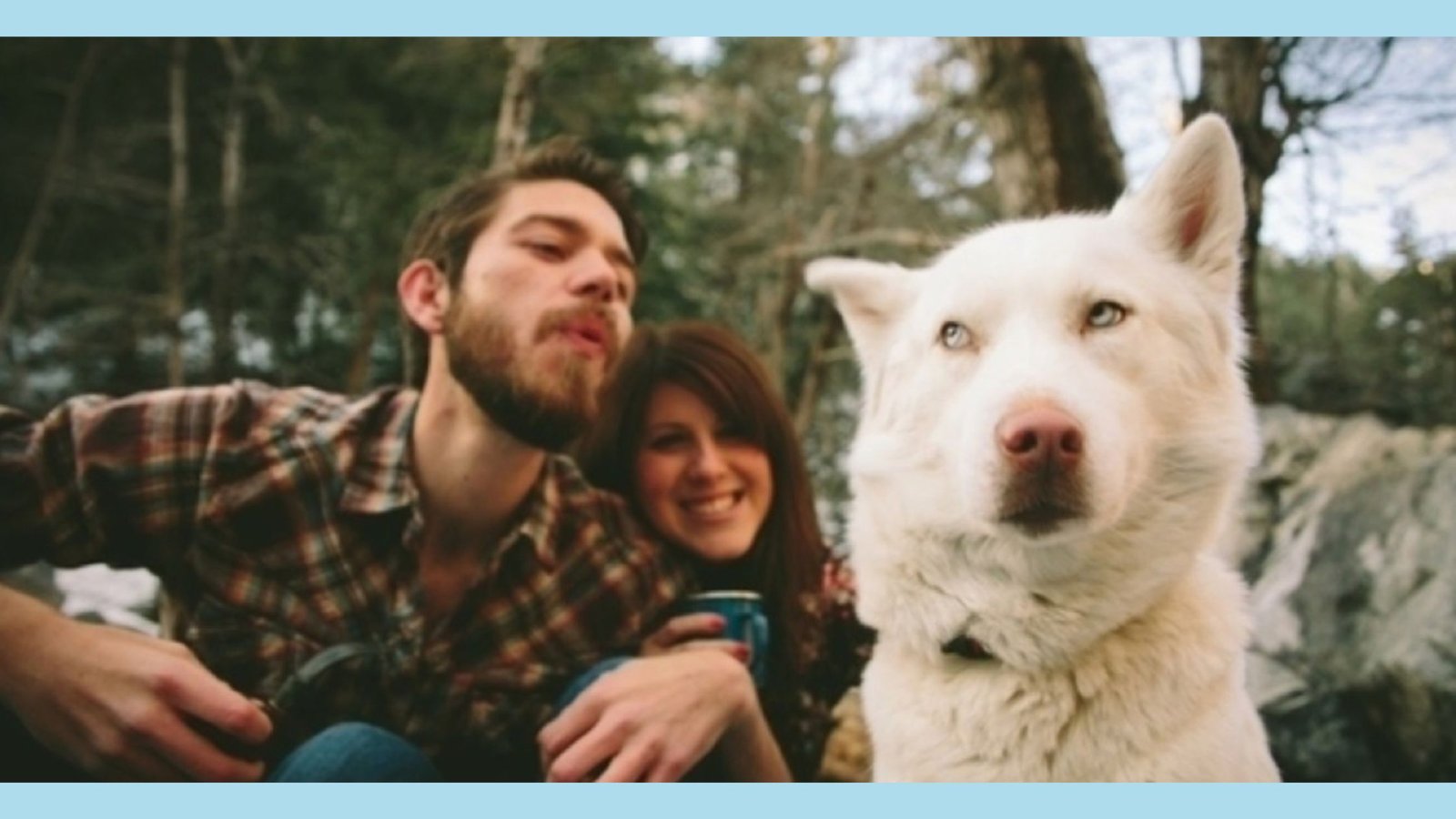
DO DOGS FEEL JEALOUS?
Jealousy is a complicated feeling that people experience. It’s the feeling of being envious or resentful of someone else. But can dogs feel jealous too? Experts are still debating this. While dogs may not feel the exact same jealousy as humans, they can show behaviors that seem jealous. These behaviors could also have other explanations.
Understanding Behaviors of Dogs That Look Like They Are Jealous
When we talk about jealousy in dogs, we mean behaviors that show possessiveness or a desire to protect their resources. These resources could be food, toys, or their owner’s attention.
Some example behaviors include:
Guarding: Dogs may guard their toys, food bowls, or owners when they think something is a threat to their resources. They may growl, snap, or lunge at the perceived threat.
Dogs might act in ways to get your focus. Like nudging you, barking or whining when they feel you’re not giving them enough attention. They may also push or nudge between you and others who seem to be taking your attention away.
Signs like pacing, panting or lots of drooling can show they feel their bond with you is threatened. But dogs don’t feel complex emotions like jealousy the way humans do. Their behaviors come from instinct and learned responses, not jealousy.
The Role of Social Hierarchies
In the wild, dogs live in packs with a clear social ranking. This ranking decides who gets resources and attention. When dogs live with humans, they see their owners as part of their pack.
Dogs acting ‘jealous‘ are trying to keep their place in the pack’s ranking. They want to make sure they get their fair share of resources and attention from you.
If a dog sees another dog or person getting love from you, they may act possessive to regain your focus. It’s their way to assert their pack status and keep their ranking.
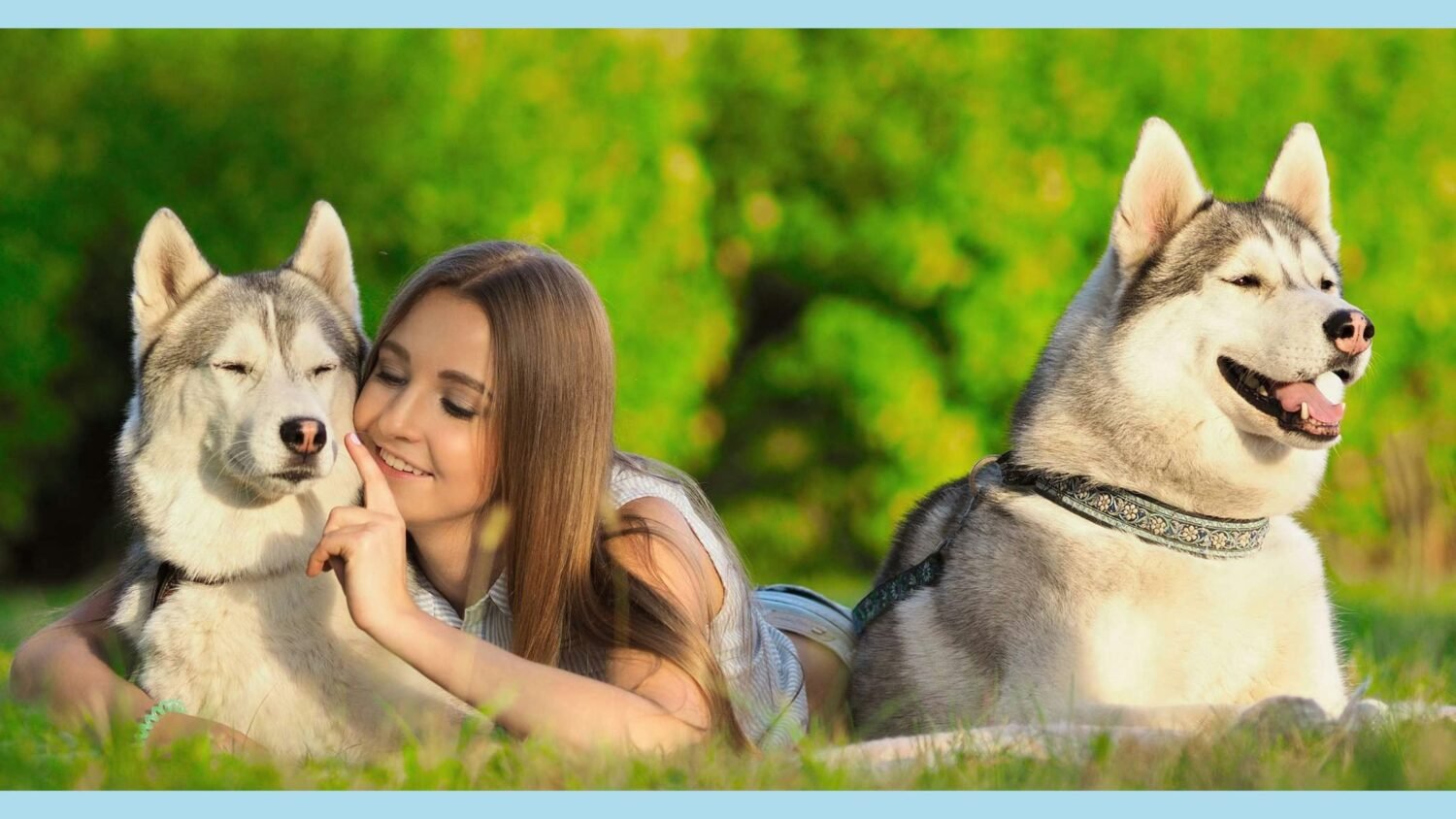
HELPING YOUR DOGS WITH JEALOUS BEHAVIORS
Does your dog act jealous sometimes? This can make life tricky. But you can fix it!
Here’s how to help your dog:
Give Them Enough Attention and Don’t Reward Bad Behavior
Dogs need lots of attention, playtime, and activities to stay happy. Make sure your dog gets plenty of these. Set aside special one-on-one time too. This strengthens your bond. When your dog acts jealous, don’t give them what they want.
Instead, reward them when they’re calm and patient. This teaches them that good behavior gets rewarded, not jealousy.
Introduce New Family Members Slowly and Keep Training
If you’re getting a new pet or family member, take it slow. Introduce them gradually while supervising. This prevents your dog from feeling territorial or jealous. Training and socializing your dog is also super important. It teaches them good manners around others. Plus, it boosts their confidence in new situations.
If your dog’s jealous behaviors are getting worse or becoming aggressive, get professional help. An animal expert can give you personalized training tips to address your dog’s specific issues. With patience and consistency, those jealous behaviors will fade away!
The Basics Of Dogs Getting Jealous
Dogs sometimes act jealous, but experts don’t agree on if it’s true jealousy. Some say dogs seem jealous because they want to keep things or places for themselves. This “jealous” behavior may come from dogs protecting what’s theirs and keeping their place in the family.
If your dog acts jealous, give them enough love and toys. Don’t reward jealous acts. Get help from an expert if the jealous behavior is serious. Handling jealousy properly helps dogs feel calm and happy in their home.
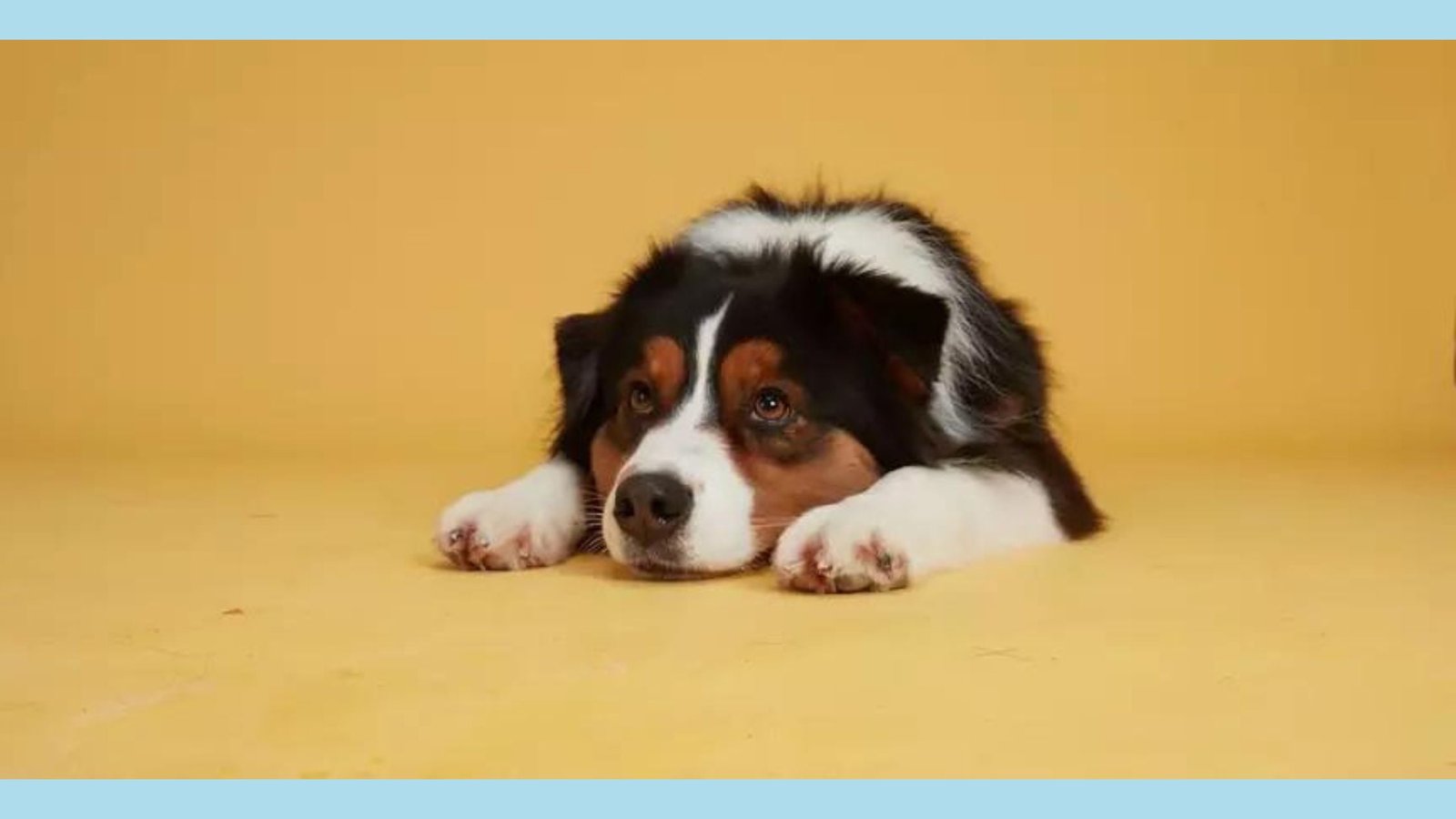
DO DOGS JUDGE US? UNDERSTANDING THEIR THOUGHTS AND ACTIONS
As dog owners, we often wonder what our furry friends are thinking. Dogs surprise us with funny tricks and unwavering loyalty. Some owners notice their dog giving them a judging look. But do dogs actually judge us?
Noticing Dog Behavior
To understand if dogs judge, we must look at how they behave and view the world. Dogs evolved living beside humans for centuries. They are very social and great at reading human emotions and body language.
When dogs look at us, they aren’t judging like humans judge. Instead, they watch our behavior, faces, and body language to understand our feelings and plans. Dogs notice little details we don’t even see because they are so observant.
The Power of Observation
When a dog looks at their owner, they are engaging in a process of observation. They are trying to decipher our mood, intentions, and even our level of trustworthiness. This kind of behavior is really deeply ingrained in their evolutionary history. In the wild, dogs relied on their ability to assess the intentions of other animals, including humans, to ensure their own safety and survival.
So, when your dog gives you that seemingly judgmental look, they are merely trying to gather information about you. They are not passing moral judgments or evaluating your character. Dogs do not possess the same complex thought processes and moral frameworks that humans do.
Dog Communication
All dogs communicate primarily through body language, vocalizations, and facial expressions. When a dog appears to be judging their owner, they may be responding to a particular behavior or situation. For example, if a dog senses tension or anger in their owner’s body language, they may respond with a concerned or apprehensive expression.
It’s important to remember that dogs are highly attuned to our emotional states. All dogs can sense when we are happy, sad, stressed, or angry. Their reactions are often a reflection of the emotions they perceive from us. So, if you feel like your dog is judging you, it might be more accurate to say that they are mirroring your emotions rather than passing judgment.
The Bond Between Humans and Dogs
Dogs understand our feelings very well. They build strong emotional bonds with their owners. Dogs are in tune with our emotions and provide comfort when we need it.
When a dog looks at their owner, it shows love, loyalty, and a desire to connect. They want reassurance and guidance from us. Their gaze seeks approval. Dogs are sensitive and can sense when we need their support.
How to Interpret Your Dog’s Behavior?
Dogs don’t judge us like humans do, but it’s still important to understand their behavior. If your dog seems to be giving you a judgmental look, something may be wrong.
Here are some possible meanings of your dog’s behavior:
- Concern: Your dog may sense your stress or anxiety and is concerned for your well-being.
- Confusion: Dogs rely on routine, so a change in your behavior or routine may confuse them.
- Attention-seeking: Sometimes, dogs give a judgmental look simply because they want attention, a treat, or playtime.
- Physical discomfort: If your dog displays unusual behavior or seems in pain, consult a vet to rule out any health issues.
Dogs get people really well. They notice small changes in how we act. We need to listen to them and give lots of love and care.
The Unconditional Love of Dogs
Dogs don’t judge like humans. But they love and accept us no matter what. Dogs are loyal friends who stand by us. They give us love and company through everything, even our flaws.
So when your dog seems to judge you, know it’s not criticism. Your dog just wonders what you’re feeling and wants to help. Dogs have empathy and devotion for us.
In the end, dogs don’t judge like people. Their looks seem like judgment but mean they understand our emotions and body language. Dogs are loyal, empathetic, and in tune with our needs. They give unconditional love and support as cherished family members.








